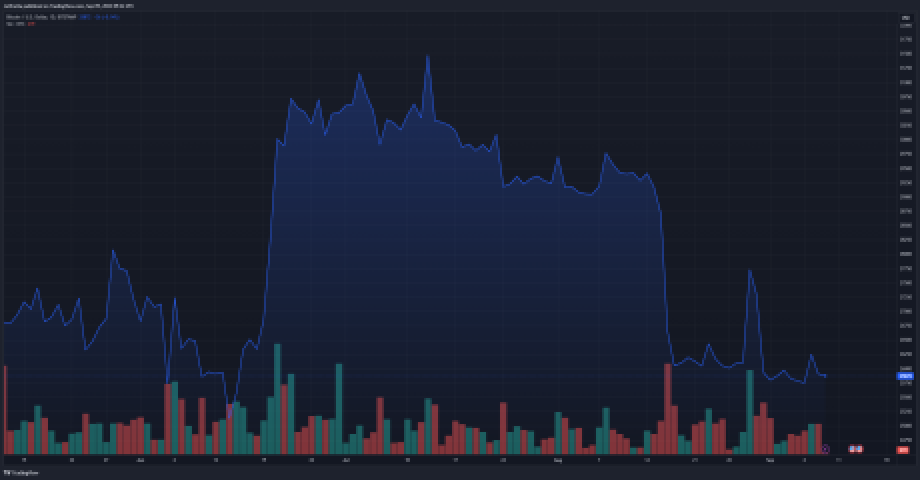




Proponents of Bitcoin (BTC) argue that its decentralized nature offers protection against threats encountered by traditional financial systems. Nevertheless, like any other financial or investment product, Bitcoin is not immune to various threats that could potentially affect its existence. In this context, Finbold sought insights from the artificial intelligence platform ChatGPT developed by OpenAI to understand the factors that could potentially bring about the end of Bitcoin as we know it. We posed the question, ‘What can end Bitcoin as we know it?’ to the most advanced ChatGPT-4 premium AI version. Through this analysis, it became apparent that the pioneering cryptocurrency faces a spectrum of challenges, both external and internal, which are highlighted below:#1. Technical vulnerabilities The tool suggested that one of the most discussed vulnerabilities is the dreaded 51% attack. If a single entity gains control of over 50% of the Bitcoin network’s computational power, it could potentially wreak havoc. Such an entity could double-spend coins or halt transactions. ChatGPT acknowledged that although this type of attack is expensive and unlikely to be financially practical, stating that at the moment, it remains a theoretical threat.#2. Regulatory and legal challengesBitcoin’s decentralized nature has made it an attractive option for those looking to circumvent traditional financial systems. However, this very characteristic puts it in the crosshairs of governments worldwide. As per ChatGPT, regulatory crackdowns and bans on Bitcoin could significantly impact its adoption and drive users toward other digital assets or traditional currencies. In general, regulatory uncertainty is a constant shadow that the cryptocurrency world must navigate, making it a persistent concern for the future of Bitcoin. #3. Economic factors Bitcoin’s value and adoption have been intricately tied to economic factors for years. Therefore, ChatGPT pointed out that a significant loss of confidence in Bitcoin due to major financial losses, large-scale fraud, or other scandals could lead to reduced adoption and value. At the same time, it cited threats such as a newer cryptocurrency or technology emerging with vastly superior features, which might overshadow Bitcoin’s first-mover advantage.